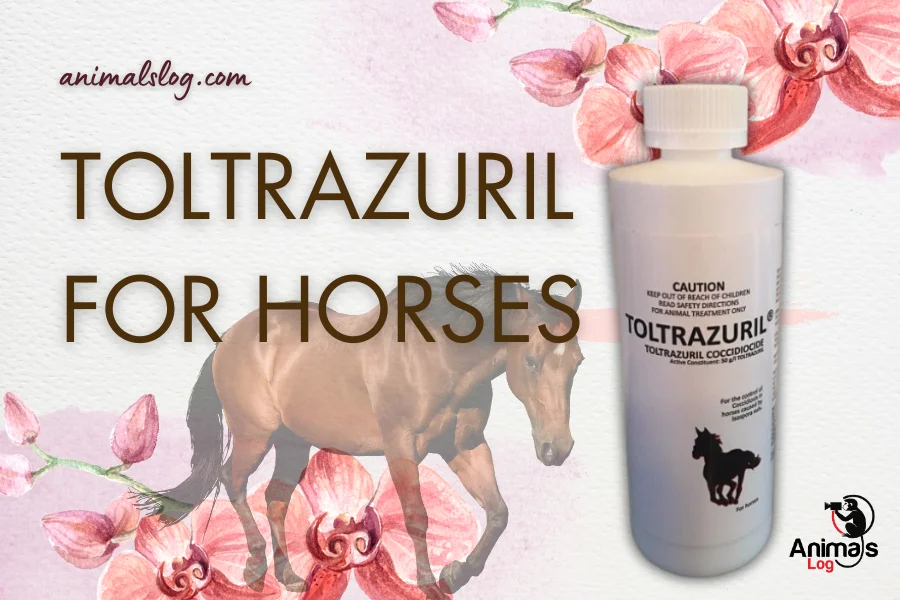Betta fish are born carnivores. They need a diet that is rich in protein and has a meaty base. Bloodworms for betta fish are a popular choice and part of a betta diet among fish enthusiasts. So are bloodworms excellent or bad for your betta fish?
There is no harm in feeding bloodworms to your betta fish as long as it is done in the right amount. You should keep one thing in mind while feeding bloodworms to your betta fish. Never include bloodworms as a part of your betta fish’s regular diet. It should be provided as an occasional treat once or twice a week.
No products found.
Types of Bloodworms For Betta Fish
There are different kinds of bloodworms available in the market for your betta fish. Chironomidae is the most common breed of bloodworm that you will find in any pet store for your betta fish. By various types of bloodworm, we do not mean different species.
If we were to talk about which breed of bloodworm will be best for a betta fish, then the answer is quite simple. It is the most commonly found bloodworm Chironomidae. This is because these bloodworms are pretty easy to handle and are readily available.
By various types, we mean the state in which the bloodworms are provided. There are three forms of bloodworms for betta fish in which you can feed your betta fish – live, frozen, and freeze-dried. These types of bloodworms differ in various aspects.
Live Bloodworms
By live bloodworms, we mean bloodworms that are alive during the feeding process. Live bloodworms for betta fish have their pros and cons. Live bloodworms are bloodworms in their purest form and are filled with all the necessary nutrients and proteins.
Besides that, feeding live bloodworms are also quite beneficial for your betta fish as it also activates its killer instincts and provides mental peace to your betta fish. It also makes the tank environment feel natural for your betta fish.
Thus, feeding live bloodworms are advantageous for your betta fish as it provides a natural experience to your betta fish and fulfills the protein and nutrient requirements of your betta fish’s diet. Live bloodworms for betta fish also have some drawbacks.
As stated earlier, live bloodworms are bloodworms in their purest forms. Thus, besides having all the nutrients and proteins necessary for your betta fish, live bloodworms also have a high chance of carrying harmful bacteria and parasites.
Frozen Bloodworms
As the name suggests, these bloodworms are frozen and have a pretty long shelf-life. Frozen bloodworms can be kept in storage for about six months. Additionally, they are free of any harmful bacteria and parasites, unlike live bloodworms.
The only thing to remember while feeding frozen bloodworms to your betta fish is to feed only small quantities of the food to your betta fish. Do not overfeed your betta fish, as they are highly susceptible to constipation and bloating.
Also, make sure not to keep the leftover frozen bloodworms in the tank itself. This can cause serious problems. These leftovers further break down to increase the ammonia levels in the tank, which can be harmful to your betta fish.
Freeze Dried Bloodworms
Freeze-dried bloodworms for betta fish are easy to use and also have a long shelf-life. These freeze-dried versions of bloodworms expand when they come in contact with water. They also do not sink to the bottom of the tank that frequently.
Thus, it is easier for the betta fish to locate the food. The only downside of feeding freeze-dried bloodworms to your betta fish is that they lack specific nutritional value as most of the nutrients are removed during the process of freeze-drying.
How To Feed Bloodworms For Betta Fish
The only essential thing to remember while feeding bloodworms to your betta fish is to do so in the right amount and at the right time. It would be best not to overfeed your betta fish as you risk constipating them, which can be harmful to your betta fish.
You should feed only 1 or 2 bloodworms to your betta fish if you feed them live bloodworms. In the case of frozen bloodworms, remember to cut off the cubes into smaller pieces first and then feed your betta fish. This will ensure that you do not overfeed your betta fish.
It would be best to feed bloodworms to your betta fish only once or twice per week. Bloodworms cannot be a part of the daily diet of your betta fish. Bloodworms should only be fed as an occasional treat for your betta fish.
Feed high-quality bloodworms to your betta fish, and remember to take the leftover out of your betta tank. Accumulation of such leftovers can cause an unwanted spike in the ammonia levels in the tank. This, in turn, can cause ammonia poisoning and breathing difficulties in your betta fish.
Top 3 Bloodworms For Betta Fish
1. Tetra Bloodworms .25 Oz

Tetra BloodWorms 0.25 Oz are freeze-dried bloodworms for freshwater and saltwater fish, such as betta fish. Tetra’s bloodworms are filled with essential nutrients and are easy to feed as they are freeze-dried. If you are looking for freeze-dried bloodworms for your betta fish, then Tetra Bloodworms is the way to go.
| PROS👍 | CONS👎 |
|---|---|
| – A tasty, nutritious treat for your betta. | – No such cons |
| – Positive customer reviews | |
| – Quite a reasonable price | |
| – Can be fed to all breed types |
Omega One Freeze Dried Blood Worms

All freshwater and saltwater fish, including betta fish, can consume the Omega One Freeze-Dried Blood Worms as a high-protein treat. Freeze-dried bloodworms are just as nutritious as live bloodworms but without the risk of germs or parasites. It is filled with valuable proteins and nutrients.
| PROS👍 | CONS👎 |
|---|---|
| – Filled with valuable nutrients | – Might be a little expensive compared to others |
| – Good customer reviews | |
| – Easy to feed. | |
| – High-quality ingredients |
Hikari Bio-Pure FD Blood Worms

The Hikari Bio-Pure FD Blood Worms is protein-rich food for tropical and select marine fishes like betta fish. It is free from any unwanted parasites and bacteria that may harm your betta fish. It is also compatible with almost any breed of tropical fish.
| PROS👍 | CONS👎 |
|---|---|
| – Protei-rich bloodworms for betta | – Is suitable only for small breeds of fish |
| – Satisfied customers | |
| – Free of parasites and bacteria | |
| – Contains different types of vitamins. |
FAQs on Bloodworms For Betta
Can bettas live on bloodworms?
It is not advised to feed only bloodworms to your betta fish. You must also add other types of foods as well like flakes and pellets. Overfeeding bloodworms for betta fish can be harmful to your betta fish.
How many bloodworms should I feed my betta?
1 or 2 bloodworms are advised to be fed to your betta fish. Anything more than that can lead to constipation in your betta fish.
Can I feed bloodworms for betta fish every day?
No. It would help if you did not feed bloodworms to your betta fish every day as it can lead to bloating and constipation in your betta fish. It would help if you fed bloodworms for betta fish only once or twice per week.
Final Thoughts
You can feed bloodworms to your betta fish. There are different types of bloodworms for betta fish, and each of them has its pros and cons. The only thing to remember is that you should not overdo it as you risk constipating your betta fish.







